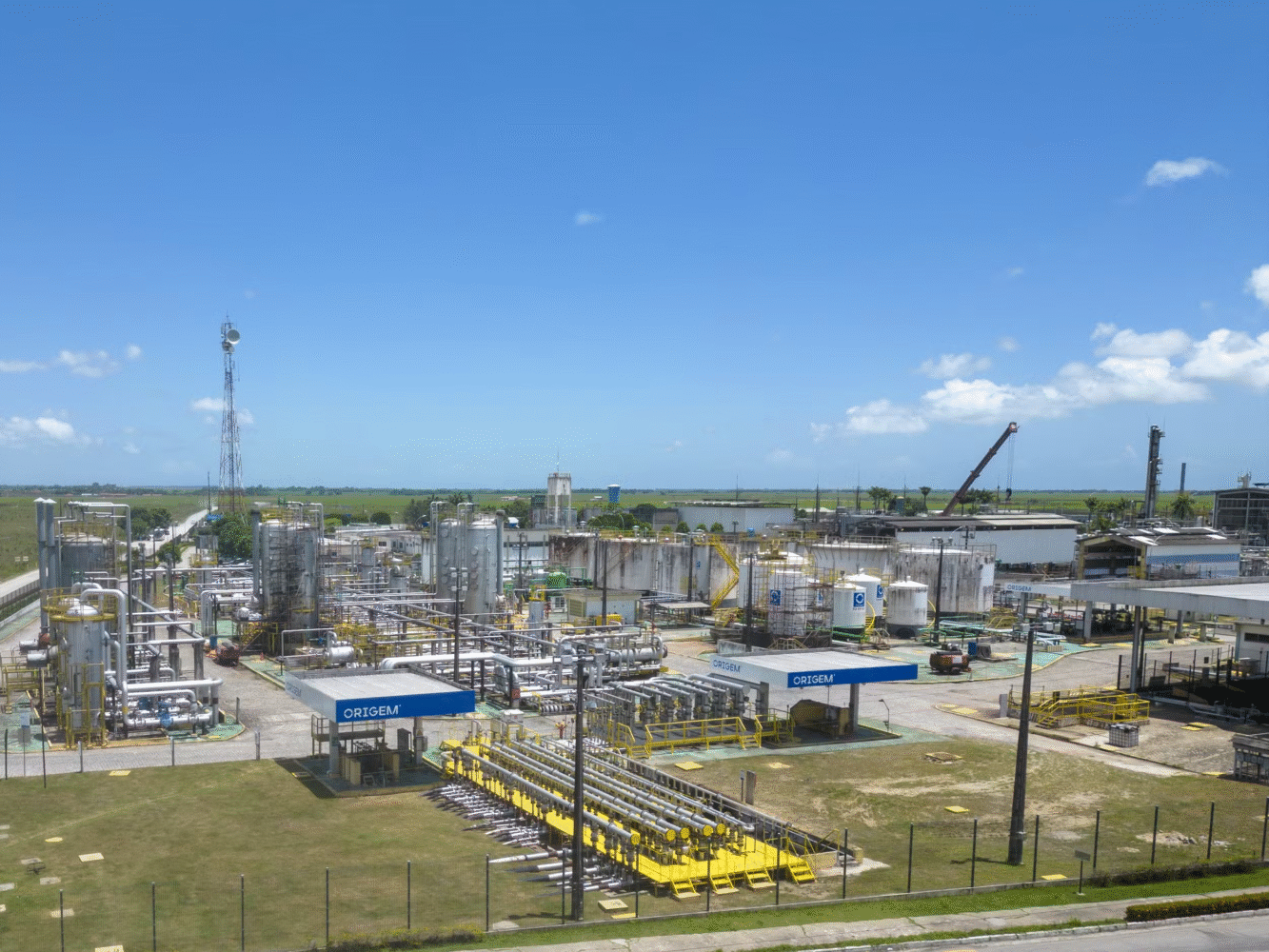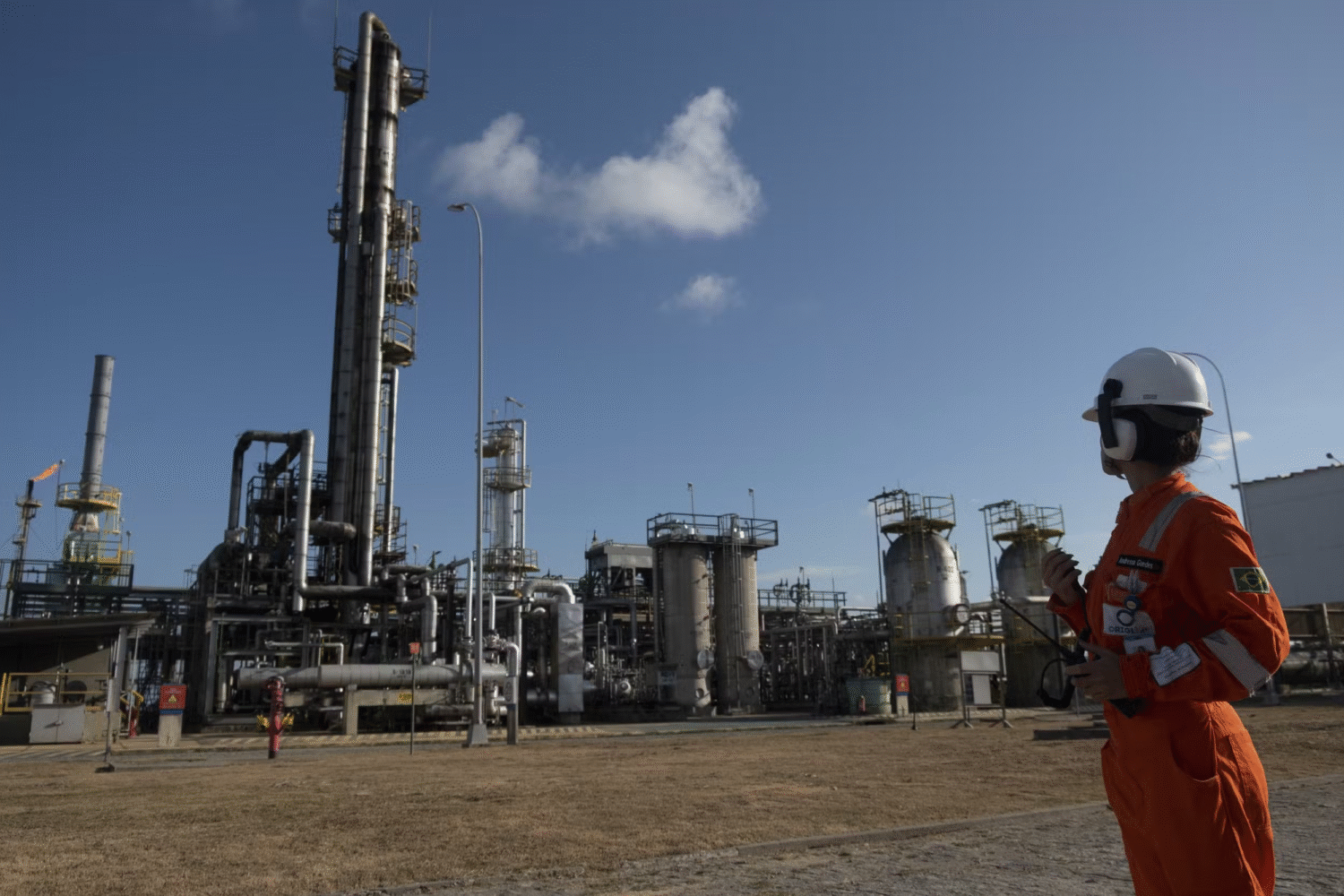Origin Energy: How multimodal integration increased the efficiency of oil flow in Maceió
A strategic asset in the heart of the Northeast
In 2025, Origem Energia took over management of the Maceió Waterway Terminal (TAMAC / area MAC11A), one of Brazil's most important oil logistics assets. Located in the Port of Maceió, in Alagoas, the terminal receives oil from the Pilar field, transported via the Pilar–Maceió pipeline (OPMAC), and transports this flow to ship loading.
With storage capacity distributed across ten tanks—five for crude oil and five for derivatives and ethanol—TAMAC serves as a strategic outflow point. In addition to being a storage facility, it serves as an integrated hub for road, pipeline, and maritime operations, all of which must operate in a synchronized and reliable manner.
The challenge: standardizing and integrating complex operations
Upon taking over the terminal, Origem Energia's mission was to structure processes that ensured efficiency and governance at every stage. This meant implementing mechanisms to ensure accurate measurements of oil and oil product volumes, reconciling inventories according to national and international standards, recording each movement in a traceable manner, and integrating reports and operational documents into a unified system.
Another key factor was keeping all information connected to the corporate ERP, providing real-time reports and dashboards to support quick and secure decisions. The goal was to transform the operation into a digital and agile environment, with complete reliability.

The solution: technology as an integrating link
To achieve this goal, Origem Energia implemented AutoLoad, an AutoMind solution focused on digitizing the liquid bulk logistics journey. The tool brought visibility, standardization, and intelligence to all TAMAC operations.
Each module played an essential role:
- The Customer Portal has expanded the autonomy of carriers and partners, with real-time scheduling and consultations.
- Smart Scheduling organized loading and unloading windows according to product, available bay and capacity.
- Access Control now automatically validates drivers and vehicles, reinforcing safety standards.
- Queue Control offered live visibility, application of prioritization rules, and balanced flow management.
- The Tanking module incorporated telemetry for monitoring level, temperature and ambient and corrected volumes.
- The Inventory allowed daily and monthly stock reconciliation, with detailed traceability by operation.
- Integration with ERP ensured continuous synchronization between orders, events and management reports.
AutoLoad was also parameterized for crude oil handling, with automatic conversion calculations, application of BSW (Basic Sediment & Water), and water and sediment deductions in balances. This brought even greater reliability to the closing processes.
The results: efficiency, confidence and competitiveness
With the digitalization of TAMAC, Origem Energia reached a new level of operational integration.
Today, the terminal has:
- Process efficiency, supported by real-time data.
- Metrological reliability in balances and closures.
- Integration of road, pipeline and maritime operations on a single platform.
- Flexibility and competitiveness to meet varied demands for oil and derivatives.
This move strengthens Origem Energia's position as a benchmark in governance and efficiency in the sector, in addition to contributing to the advancement of fuel logistics in Brazil.

A milestone for national logistics
The partnership between Origem Energia and AutoMind reinforces the impact of digital transformation on critical infrastructure. AutoLoad has demonstrated its ability to integrate different modes, ensure metrological standards, and offer transparency to the logistics chain.